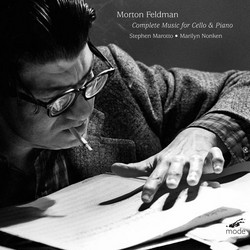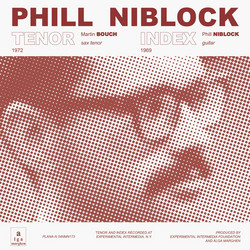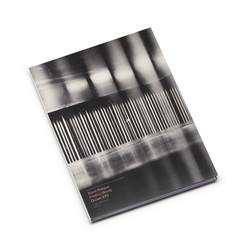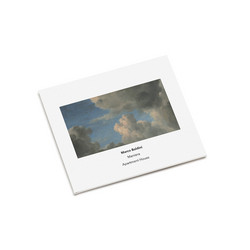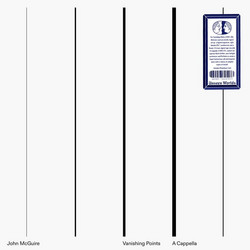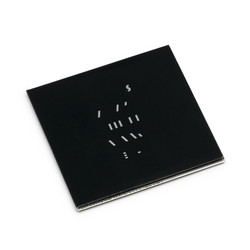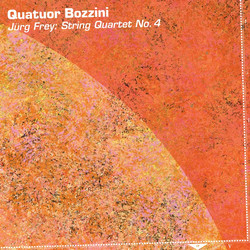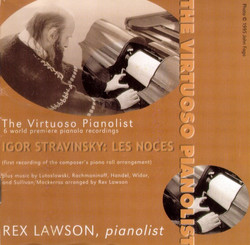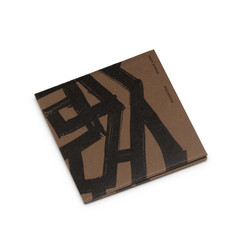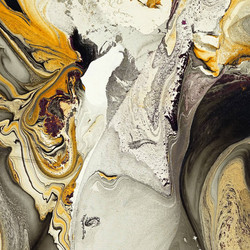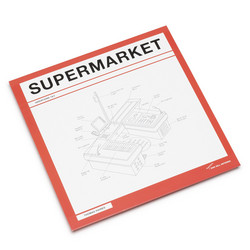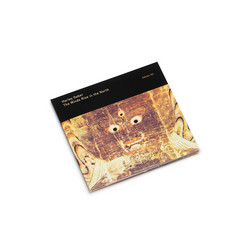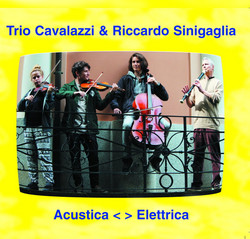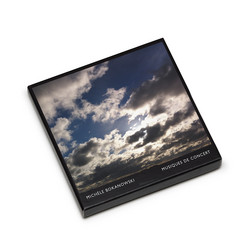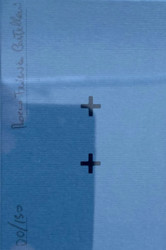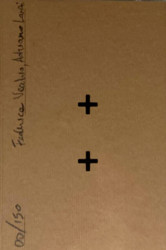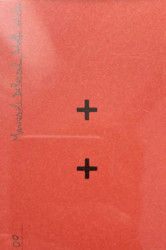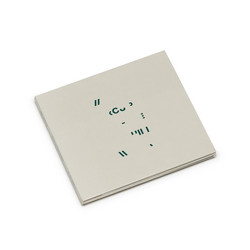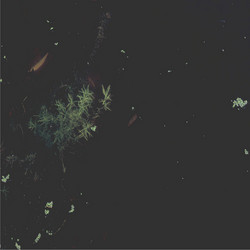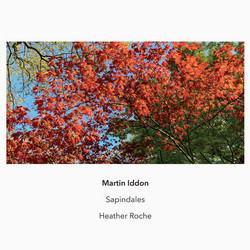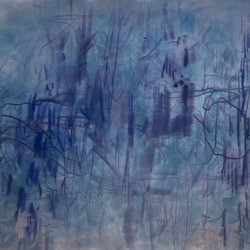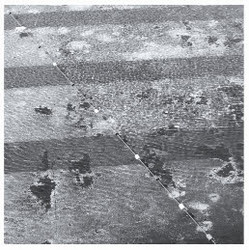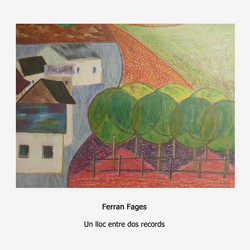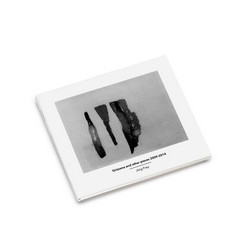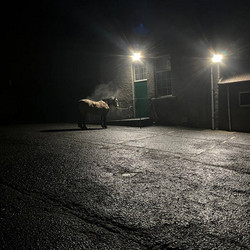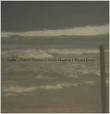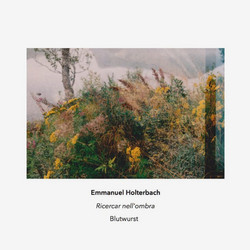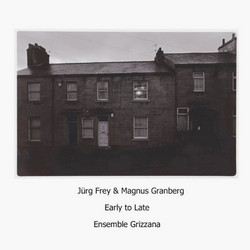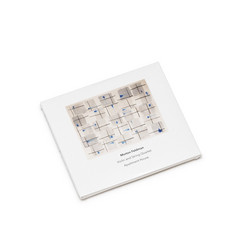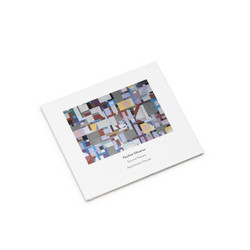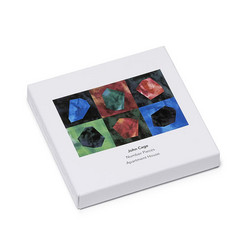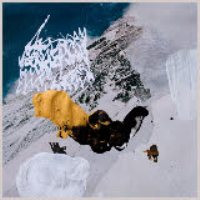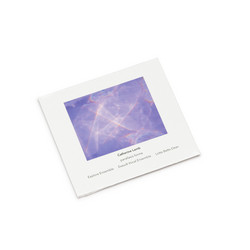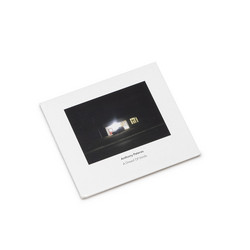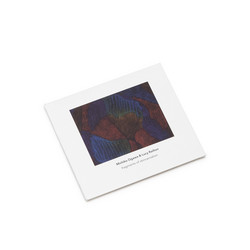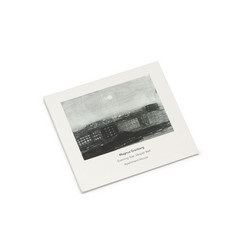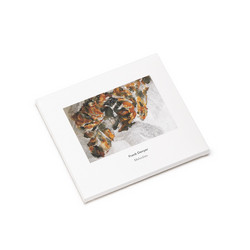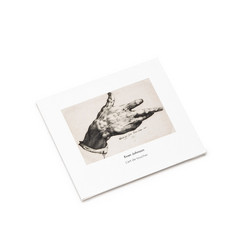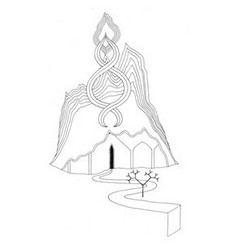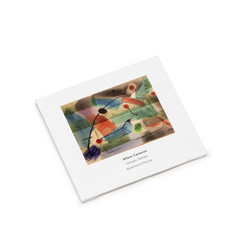First CD featuring five mysterious works by a young English composer whose music gives voice to the secrets in sounds. 'Martin Iddon's music asks a lot of us. This disc, pneuma, asks even more, because it conceals the 'real, physical human bod[ies]' that are so important to this music. Iddon asks musicians to play instruments they do not play, articulate notes they will not hear, and perform independently of partners they cannot ignore. The music depends wholly on the relationships those bodies have to each other; there are no pure, disembodied versions of these pieces. Of course, music that asks performers to perform out of their comfort zone is nothing new, but Iddon asks something different. The music has a physicality, not from speed, not from virtuosity or dexterity, and also not from strain, awkwardness, or exhaustion. The physicality on pneuma is one of wonder, of constant discovery, both on the part of the performers discovering new waysÑnot just new techniques, but new conceptual modesÑof making music, and on the part of the listeners, wondering at the connection between the strange actions, the stranger sounds, and the total beautiful ritual. pneuma acts as a kind of intersection; the music is experienced from the same distance from all involved. One of the largest influences on Iddon's music comes from the Renaissance: the polyphony of the likes of Johannes Ockeghem and Josquin des Prez. Polyphony then often served as a musical pilgrimage to divinity, shepherded by the intricate, sublime interweaving of complex, varied melodies that are derived from sacred chants. This technique pervades pneuma, as Iddon densely layers arresting, intense timbres, arising from the physical methods described above. As I listen to pneuma.sarx, I feel as though I have to give as much attention to each individual line as I do the entire texture, and all simultaneously; the instruments do not seem to complement each other, yet they are cumulatively so compelling. When the polyphony breaks, as in the gorgeously haunting baritone solo to end pneuma.kharis, I suddenly, strikingly feel the power each voice had this whole time; the essence of the music is revealed continuously (if never totally). To be sure, Iddon's instrumental voices do not have the steady, declaratory tone of those of Renaissance polyphony but they, in their unwieldiness and un-coordination, still do interweave and intersect sublimely, still do provide a guiding hand toward (taken generally) the divine. pneuma asks a lot of us because it requires us to outgrow our imagination. The titles, program notes, and performance setups all evoke lush, vivid worlds. Zeus impregnating Danaë with a shower of light; timid spirits called Hamadryads that comprise the ether of trees, protecting them from human violence. The Samuel Beckett passage that inspired the title head down among the stems and bells tells of lying one's head in a holly, surrounded by the 'minute life' of the garden's stems and bells. But the flora Iddon provides us evoked foggily, masterfully by a fully prepared, amplified, wheezing, creaking piano are not the sounds of a direct representation. The strange world of head down, as alive in silence as it is in sound, is a garden heard with alien ears, a perspective removed. Iddon mentions his interest in the human body as the intersection of biology and sociality, and the music acts similarly, like an intersection between this alien world and our perceptive capabilities. pneuma is like a flat panel, a window floating in the middle of a room, through which we hear things we could not otherwise. Also of interest to Iddon are secrets: the secrets of listening in, the secrets of sounds. So what secrets can be discovered in, for instance, the grating, incessant, penetrating polyphony of a piece like the formidable Danaë? Music like this, that is so striking but so tough to firmly grasp, probes our private experiences of being, time, and spirituality (spirituality is taken most seriously when treated as a secret). Maybe this disc doesn't conceal the human bodies of the music, maybe it houses them, like a mythical jinn . If we can release this music, it combines our secrets with the secrets of its construction, creating this window through which we hear another world. This other world is the essential secret of pneuma one which can only be perceived in listening, and one which is always at the very threshold of recognition.” Ian Power, February 2014
pneuma.sarx and Danaë recorded at the University of Leeds, August and September 2013, head down... recorded at the University of York, November 2013, pneuma.kharis and hamadryads recorded at Oktaven Audio, Yonkers, NY, September 2013.

